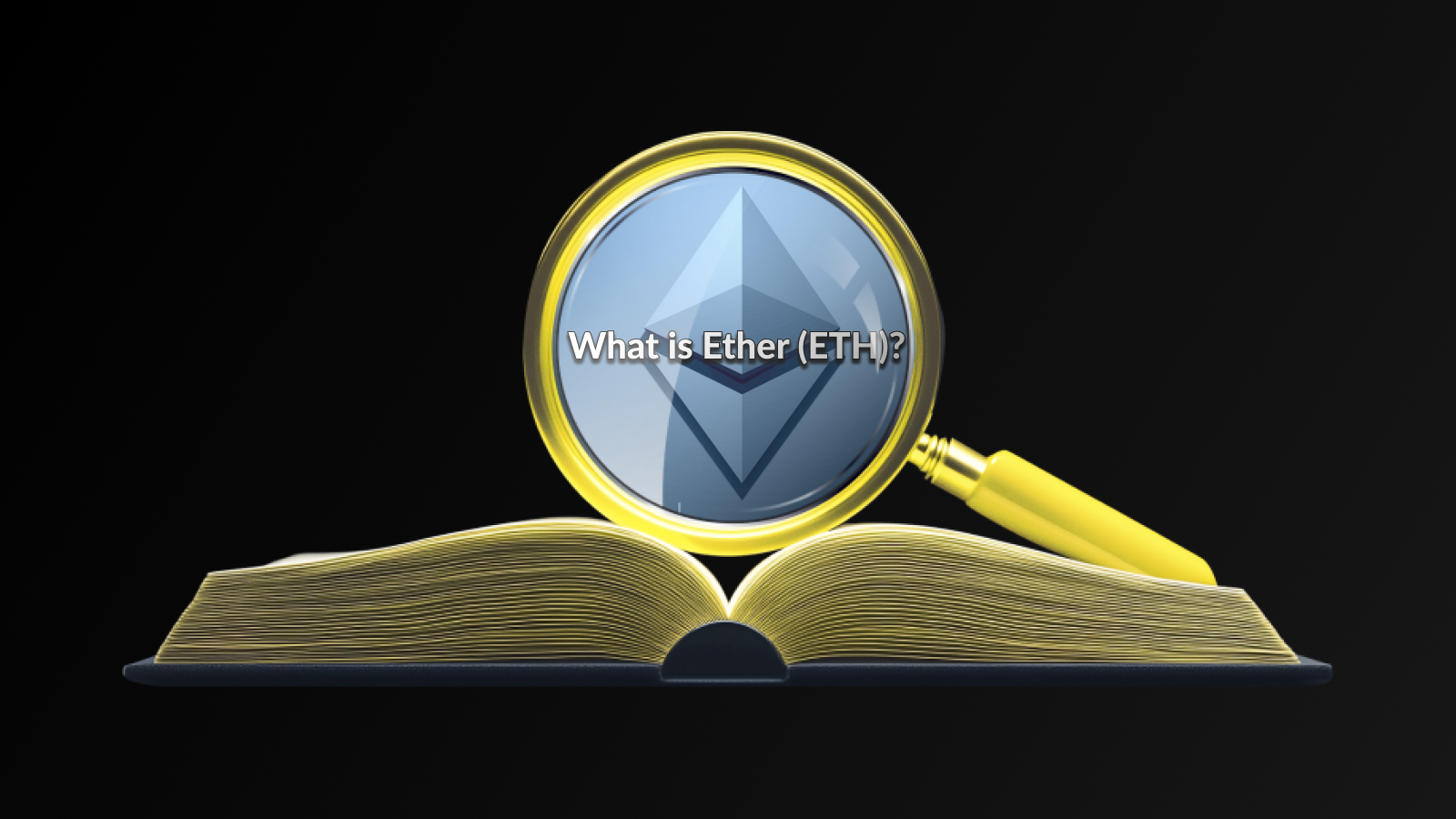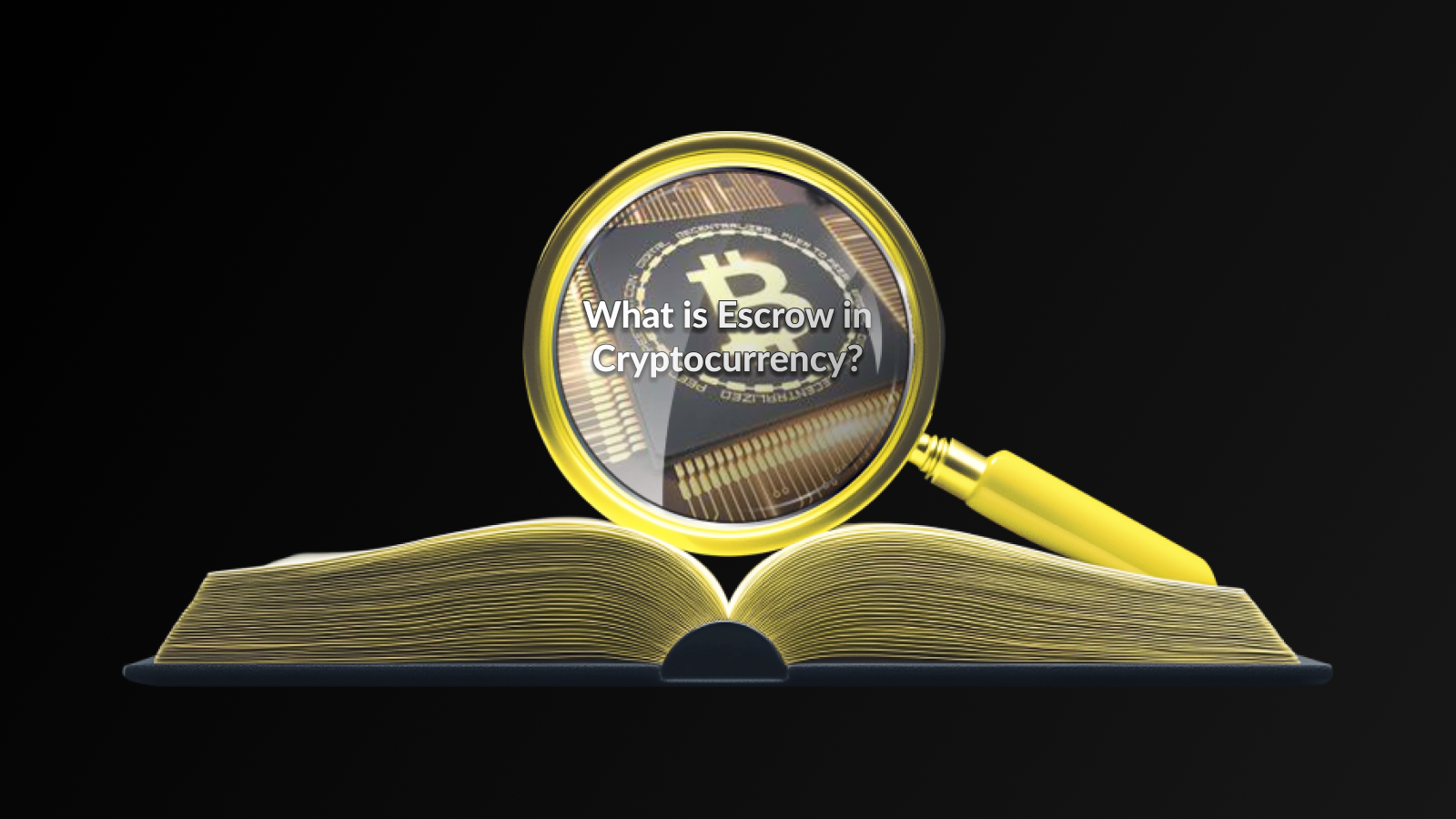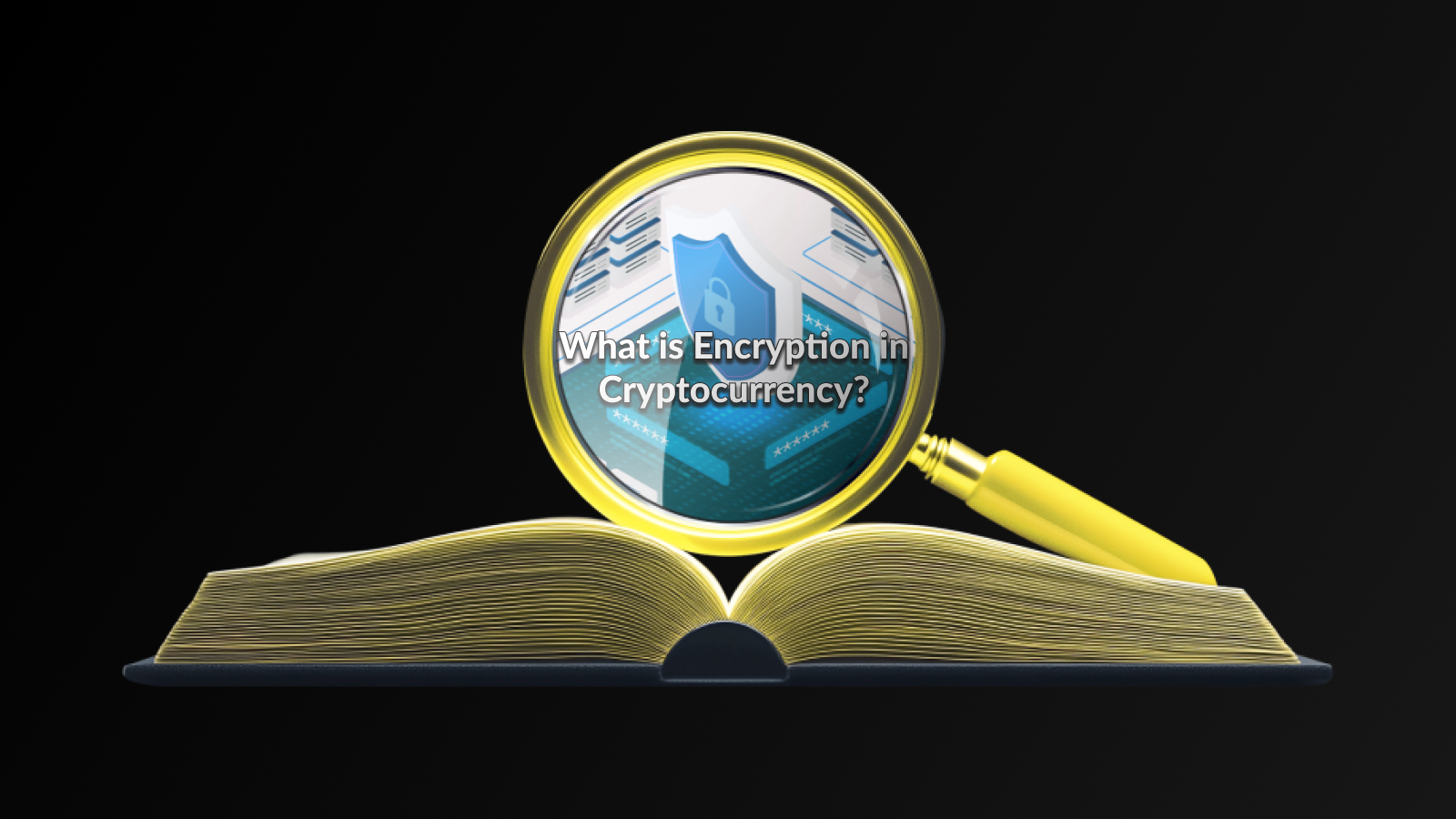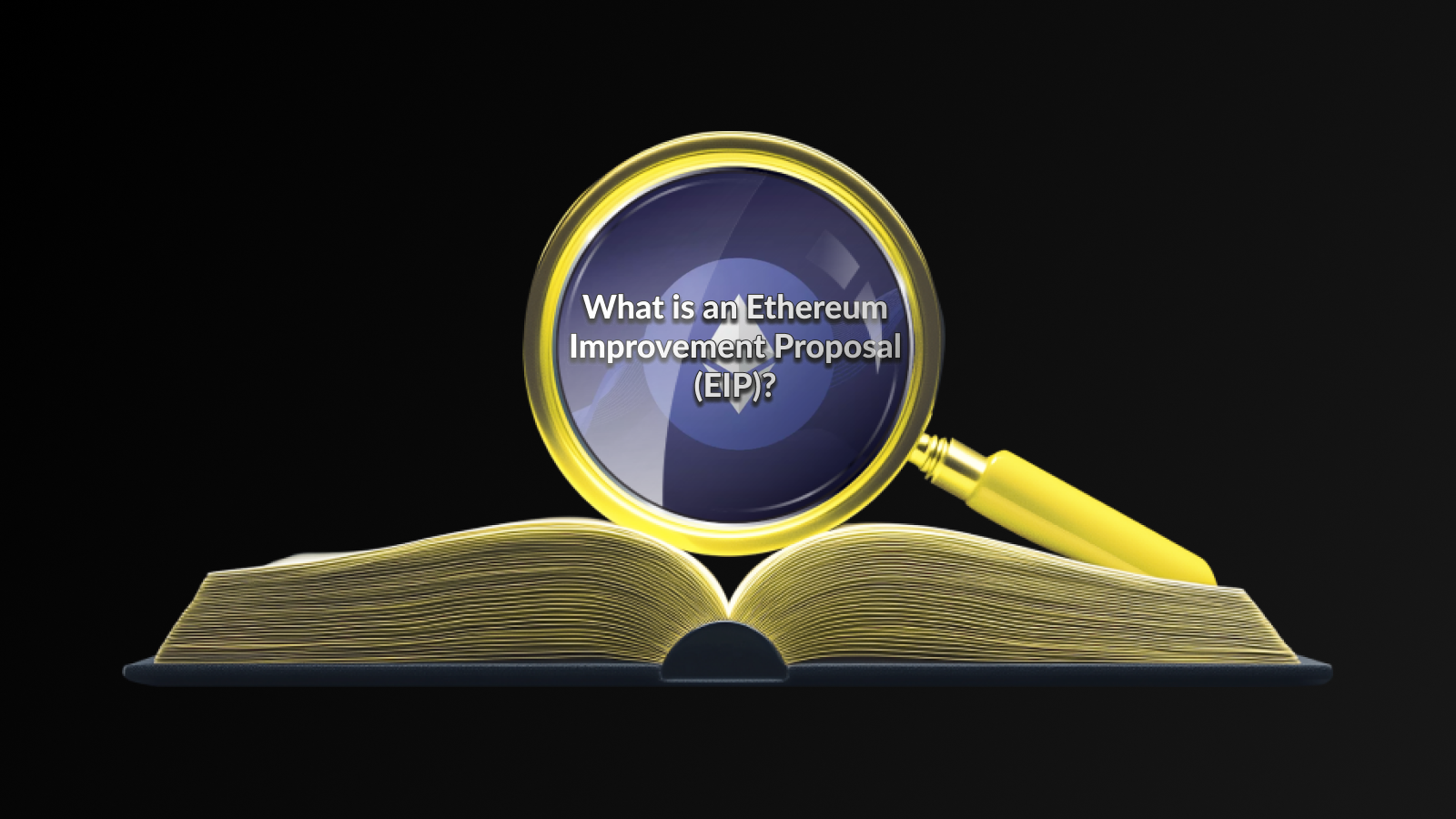Introduction
Ether (ETH) is the native cryptocurrency of the Ethereum platform, a decentralized blockchain network that enables developers to build and deploy smart contracts and decentralized applications (dApps). Launched in 2015 by Vitalik Buterin and a team of co-founders, Ethereum has revolutionized the way we think about blockchain technology and its applications. Unlike Bitcoin, which primarily serves as a digital currency, Ether (ETH) powers the Ethereum network by facilitating transactions and executing smart contracts.
As one of the first projects to utilize smart contracts, Ethereum has garnered significant attention, making Ether (ETH) one of the most recognized and valuable cryptocurrencies in the market. Investors and developers alike are drawn to Ether not only for its potential as a digital asset but also for the opportunities it presents within the growing decentralized economy.
In this article, we will explore how Ether functions within the Ethereum ecosystem, the key features and benefits it offers, the risks associated with investing in it, and practical steps for getting involved with Ether (ETH).
How Does Ether Work in the Ethereum Ecosystem?
Ether (ETH) serves as the backbone of the Ethereum ecosystem, facilitating various operations and functions within its decentralized framework. The Ethereum network, unlike traditional financial systems, operates on a blockchain technology that enables smart contracts—self-executing contracts with the terms of the agreement directly written into code. Ether acts as the fuel that powers these smart contracts and decentralized applications (dApps).
When users deploy a smart contract or perform transactions on the Ethereum network, they must pay a transaction fee in Ether (ETH), often referred to as gas. This gas cost compensates miners who validate and record transactions on the blockchain, ensuring the network remains secure and efficient.
Moreover, Ether (ETH) is not just a currency; it is an essential part of the Ethereum ecosystem’s governance and functionality. It helps network participants to engage with various decentralized finance (DeFi) applications, where they can lend, borrow, or earn interest on their assets without intermediaries. This characteristic makes Ether a versatile asset in the rapidly evolving world of cryptocurrencies.
Additionally, the Ethereum community constantly seeks to enhance the utility of Ether through upgrades and innovations. Projects built on Ethereum often leverage Ether to incentivize users, provide liquidity, or facilitate transactions, reinforcing its importance in the ecosystem.
Ether (ETH) is integral to the Ethereum ecosystem, acting as a means of exchange, a method of incentivization, and a critical component in the execution of smart contracts and dApps.
Key Features and Benefits of Ether
Ether (ETH) serves as the native cryptocurrency of the Ethereum network and is integral to the platform’s functionality. One of its primary features is its role as a means of access to decentralized applications (dApps) and services, enabling developers to create and deploy smart contracts effortlessly. This versatility makes Ether a valuable asset within the ecosystem.
Another significant benefit of Ether (ETH) is its liquidity. As one of the most widely traded cryptocurrencies, it provides investors with greater options for buying, selling, and trading across various platforms. This liquidity enhances market stability and encourages participation from both individual and institutional investors.
Furthermore, Ether has a robust community and continuous development, which contribute to its resilience and innovative capabilities. The Ethereum network is constantly evolving, with upgrades aimed at improving scalability, security, and sustainability, making Ether an attractive long-term investment.
Ether’s utility extends beyond mere transactions; it can also be utilized in staking mechanisms and decentralized finance (DeFi) applications. This flexibility allows Ether holders to generate passive income through various financial services, further enhancing its appeal in the cryptocurrency landscape.
Risks and Limitations of Investing in Ether
Investing in Ether (ETH) carries a set of risks and limitations that potential investors should be aware of before diving into the market. First and foremost, the cryptocurrency market is notoriously volatile. Prices can swing dramatically in a short period, which can lead to significant financial loss for investors who are unprepared for such fluctuations.
Additionally, regulatory concerns pose another risk. As governments around the world continue to grapple with how to classify and regulate cryptocurrencies, changes in legal frameworks could adversely affect the value and usability of Ether (ETH). Investors could find themselves at a loss if new regulations impact the trading or ownership of cryptocurrencies.
Moreover, the technology underlying Ether and the Ethereum platform, while innovative, is still evolving. Issues such as scalability, security vulnerabilities, and potential technological failures could impact the performance and reliability of Ether (ETH) in the future. These uncertainties present challenges that investors need to consider seriously.
A lack of widespread adoption among everyday users and businesses can limit Ether (ETH)‘s practical utility, which in turn affects its market value. Without significant real-world applications, investors may find it difficult to justify their investment as more than a speculative asset. This combination of factors underscores the importance of thorough research and careful consideration when investing in Ether (ETH).
How to Invest in and Use Ether
Investing in Ether (ETH) can be a straightforward process when you follow the right steps. Below is a guide on how to effectively invest in and use this cryptocurrency.
1. Choose a Cryptocurrency Exchange
The first step to investing in Ether (ETH) is to select a reliable cryptocurrency exchange. Popular exchanges include Coinbase, Binance, and Kraken. These platforms allow you to buy, sell, and trade ETH seamlessly. Make sure to consider factors such as fees, user experience, and security when making your choice.
2. Create an Account
Once you have selected an exchange, you’ll need to create an account. This typically involves providing personal information and verifying your identity. Ensure that the exchange you choose has robust security measures in place, such as two-factor authentication (2FA).
3. Fund Your Account
After your account is set up, you will need to deposit funds. Most exchanges accept bank transfers, credit/debit cards, and sometimes even PayPal. Choose a payment method that suits your needs and follow the exchange’s process for depositing funds.
4. Buy Ether (ETH)
With your account funded, you can proceed to purchase Ether (ETH). Navigate to the trading section of the exchange, select ETH, and choose the amount you wish to buy. Review your order and confirm the purchase. Your Ether (ETH) will then be credited to your exchange wallet.
5. Store Your Ether Safely
For added security, it’s advisable to transfer your Ether (ETH) to a personal wallet rather than leaving it on the exchange. Wallets come in different forms—hardware wallets, software wallets, or mobile wallets. Common options include Ledger, Trezor, and Exodus. A hardware wallet is recommended for long-term storage due to its enhanced security features.
6. Use Ether for Transactions
Once you have invested and secured your Ether (ETH), you can use it for transactions. Ether can be used to pay for services, buy goods, or make investments in blockchain projects. Simply provide your wallet address for payment, and the transaction will be processed on the Ethereum network.
7. Stay Informed and Monitor Your Investment
It is crucial to stay informed about developments in the Ethereum ecosystem and cryptocurrency market trends. Keeping an eye on the price movements of Ether (ETH) helps you make informed decisions on whether to hold or sell your investment.
By following these steps, you can efficiently invest in and utilize Ether (ETH) in the ever-evolving landscape of digital currency.
Frequently Asked Questions
What is Ether (ETH)?
Ether (ETH) is the native cryptocurrency of the Ethereum platform, which is a decentralized blockchain that enables smart contracts and decentralized applications (dApps).
How does Ether differ from Bitcoin?
Unlike Bitcoin, which is primarily a digital currency, Ether is more than just a medium of exchange; it is used to power the Ethereum network and facilitate transactions within smart contracts.
What are smart contracts in relation to Ether?
Smart contracts are self-executing contracts with the terms of the agreement directly written into code. Ether is used to pay for the computational services required to execute these contracts on the Ethereum blockchain.
How is Ether mined?
Ether is mined through a proof-of-work consensus mechanism, where miners compete to solve complex mathematical problems. However, Ethereum is transitioning to proof-of-stake, which will change how new Ether is created and transactions are validated.
What can Ether be used for?
Ether can be used for various purposes including transactions, paying for transaction fees, participating in Initial Coin Offerings (ICOs), and as collateral in decentralized finance (DeFi) applications.
What is the current market trend for Ether?
As of now, Ether has been experiencing fluctuations in its market price, driven by various factors such as demand for decentralized applications, network upgrades, and overall market sentiment.
How can someone acquire Ether?
Ether can be acquired through various means including purchasing it on cryptocurrency exchanges, receiving it as payment for goods and services, or mining it, though the latter is becoming less common due to the transition to proof-of-stake.
Disclaimer
This article is for informational purposes only and should not be considered financial or investment advice. Cryptocurrency investments carry risks, including market volatility and regulatory uncertainties. Darkex assumes no responsibility for financial losses or inaccuracies in the information provided.
Click for more Darkex education articles.





